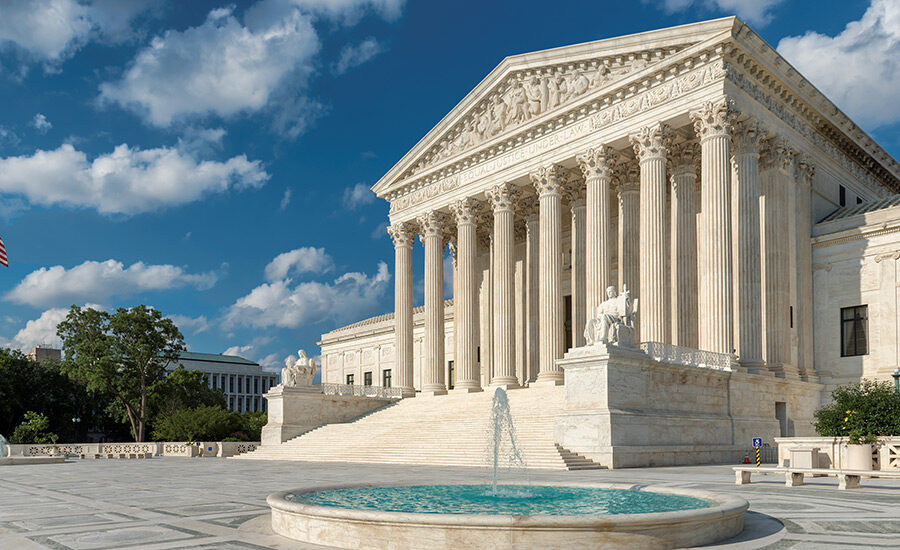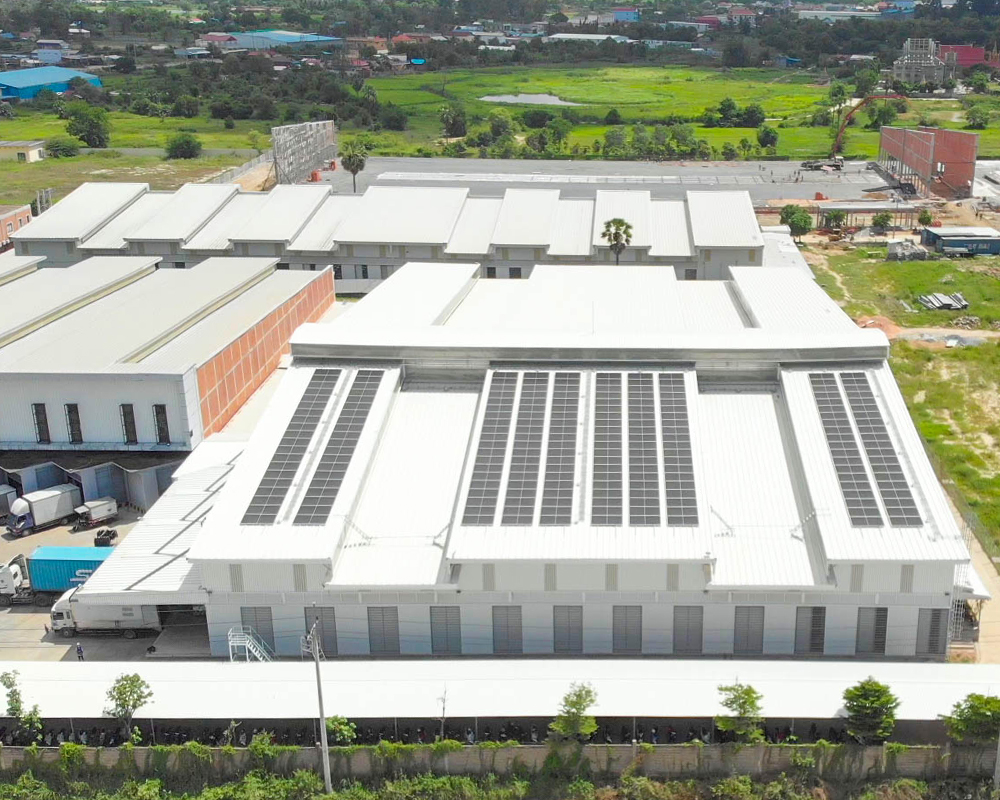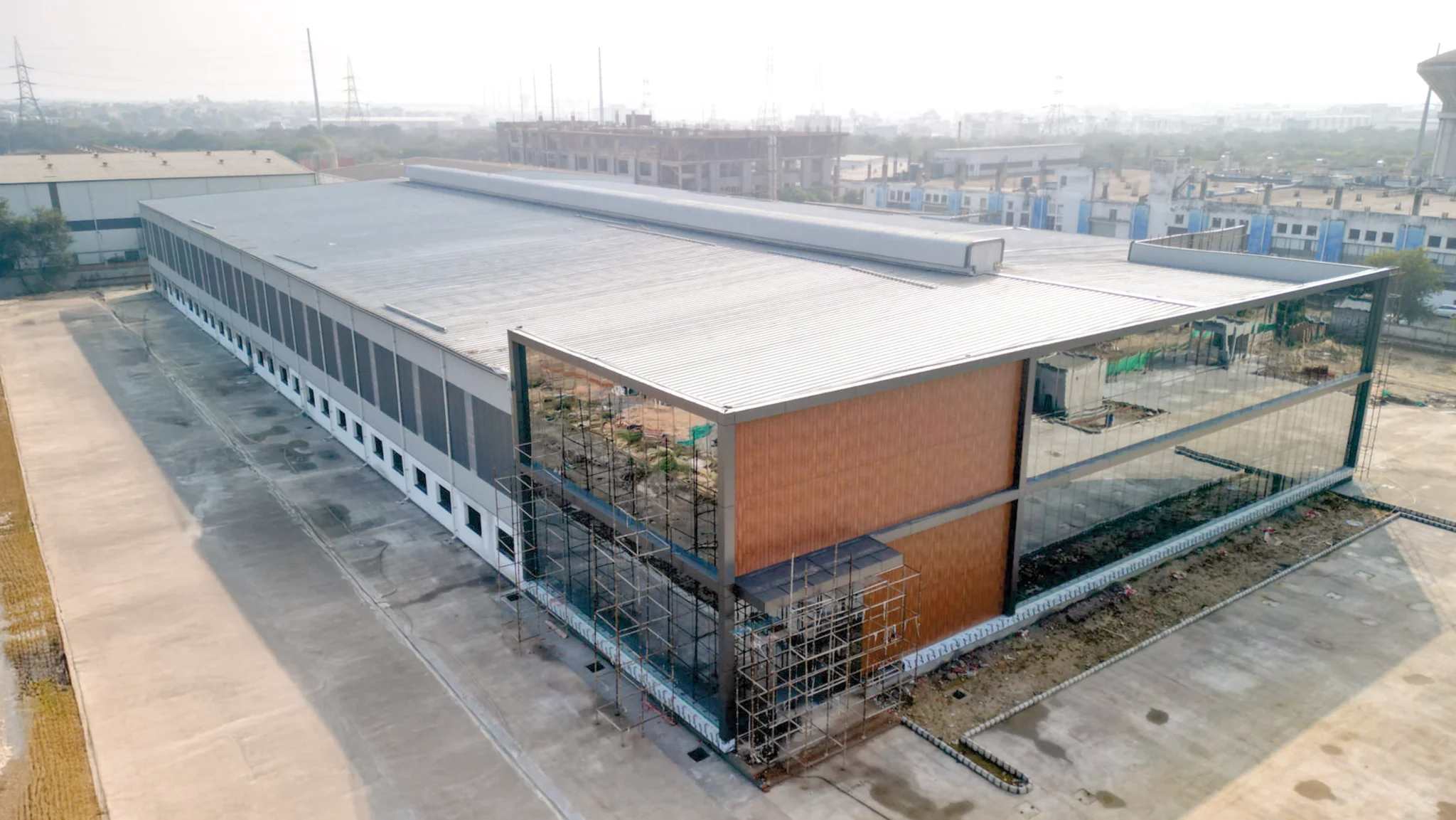
High Court Rules 9-0 That False DBE Reporting on Fed Projects is Fraud
[ad_1]

The U.S. Supreme Court ruled unanimously May 22 that a Philadelphia painting contractor and its project manager defrauded the Pennsylvania Dept. of Transportation and U.S. government providing federal funds to two transportation projects that won the work by misrepresenting a disadvantaged business entity as a supplier.
The ruling upheld a 2018 jury trial that convicted Alpha Painting and Construction Co. and Stamatios Kousisis, its project manager, of wire fraud and conspiracy, as well as an appellate court ruling that supported the conviction. Kousisis and Alpha had argued io justices that the state agency could not be a fraud victim because it suffered no monetary loss on the projects involved—despite evidence from both that the DBE supplier Alpha hired to provide $6.4 million in painting supplies and was represented in qualifications as a supplier, merely acted as a pass-through.
Early in the last decade, PennDOT solicited bids to restore the Girard Point Bridge and 30th Street Train Station, both in Philadelphia. The state agency awarded a $70.3-million contract to a joint venture comprising Alpha and two other companies for the project. Alpha and another company, also also operating as a joint venture, secured a $15-million subcontract that represented nearly one-third of the $50.8 million total winning bid for the 30th Street Station.
It was established at trial that Markias Inc, the purported DBE supplier, did not provide any paint or other materials, but that Kousisis arranged for Alpha’s actual suppliers, with whom he negotiated directly, to generate purchase orders billed to Markias.
Kousisis then wrote separate checks to the actual suppliers and to Markias, which was paid a fee equal to mark-ups it added to its invoices to act as the pass-through. Kousisis and Alpha argued that neither PennDOT nor the federal government suffered any monetary loss on the projects, which were completed on time and on budget.
“Kousisis and Alpha Painting and Construction Co. Inc., ask the Court to add an economic loss requirement to the federal wire-fraud statute,” wrote Associate Justice Clarence Thomas in a concurring opinion. “The Court correctly rejects that request, and I join its opinion in full.”
He added that Alpha had not contested that its misrepresentations to PennDOT were material to the case.
In the court’s opinion, Associate Justice Amy Coney Barrett, wrote that while federal appeals courts are divided over the validity of a federal fraud conviction when the defendant did not seek to cause the victim net pecuniary loss, the fraud involved did not require any loss by PennDOT.
“By using Markias as a pass-through entity, petitioners ‘devised’ a ‘scheme’ to obtain contracts through feigned compliance with PennDOT’s disadvantaged-business requirement,” she wrote. “Their goal? To ‘obtai[n] money’ (tens of millions of dollars) from PennDOT. And how? By making a number of ‘false or fraudulent . . . representations’ —first about their plans to obtain paint supplies from Markias and later about having done exactly that.”
Associate justices Thomas and Neil Gorsuch wrote in their concurrences that whether or not a DBE requirement for federal construction contracts could be questioned as being material or necessary to federal funding for such projects is a question the court reserves the right to take up in future cases.
“Future cases presenting such fact patterns will require the Court to confront the outer limits of the federal fraud statute’s reach and to decide what satisfies its materiality element. Resolving this case, however, requires no such undertaking.” Gorsuch wrote.
[ad_2]
Source link
Post a Comment
You must be logged in to post a comment.






